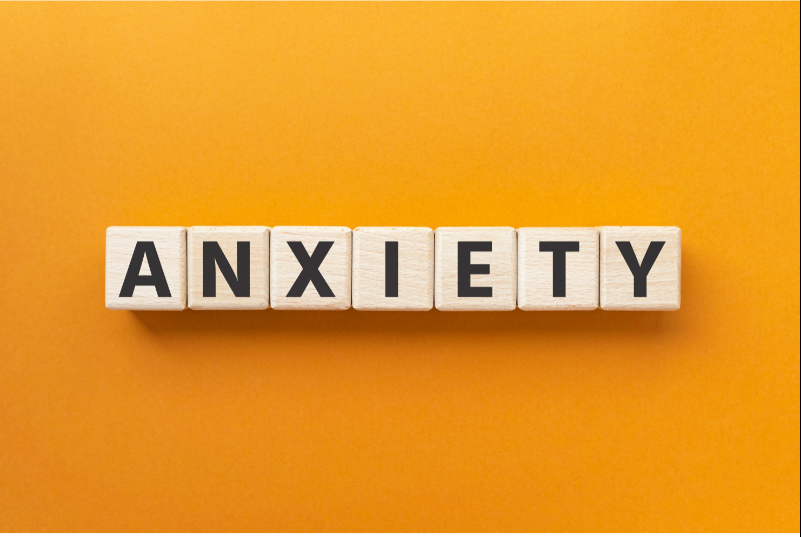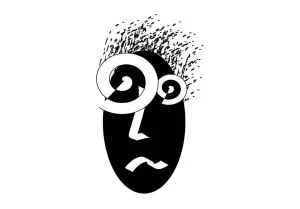Anxiousness is a silent, but tenacious, disruptor of daily life, affecting millions around the globe. Many traditional methods can provide relief, yet more people are exploring alternative routes to manage their anxiousness. A surprising contender gaining popularity in this arena is hypnosis, often accompanied by a certain air of mystery and intrigue. Let’s dive in to see how hypnosis for anxiousness can be an effective tool and shatter some misconceptions along the way.
What Is Hypnosis?
Hypnosis is a technique that brings a person into an intense state of focus and relaxation, where they’re more open to suggestion. Far from what we often see in movies and stage shows, real-world hypnosis is a practice, usually performed by a certified hypnotist. It’s been used for everything from pain management to overcoming phobias.
Hypnosis for Anxiousness
Now, let’s talk about the role of hypnosis in managing anxiousness. Multiple studies have shown that hypnosis can help people reduce and manage their anxiousness symptoms. A study published in the “Journal of Clinical Psychology” showed significant improvement in anxiousness symptoms after participants underwent hypnosis (Hammond, 2010).
The professional hypnotist guides the person into a relaxed state, allowing them to access the subconscious part of their mind, a realm where they hold deep-seated fears, emotions, and negative beliefs that might contribute to their anxiousness. In this relaxed state, the individual is receptive to positive suggestions that can help them challenge and overcome these negative thoughts.
Why It Works
According to the American Psychological Association, hypnosis works by modifying our state of consciousness in a way that relaxes the conscious part of the mind while simultaneously stimulating and focusing the subconscious part (Patterson & Jensen, 2013). This unique state allows the hypnotist to suggest ideas, concepts, and lifestyle adaptations to the person, the seeds of which become firmly planted.
Anxiousness often stems from our reactions to stress, so altering these reactions is crucial. Hypnosis for anxiousness focuses on instilling a sense of calm and teaching the individual to respond to stressful situations in a healthier, more relaxed way.
Concerned about the safety of hypnosis? The British Society of Clinical and Experimental Hypnosis states that hypnosis is a safe treatment method, with no harmful side effects (Capafons et al., 2015). In terms of effectiveness, a study in the “International Journal of Clinical and Experimental Hypnosis” found that 75% of individuals with varying conditions or issues had noticeable improvements when treated with hypnosis (Elkins, Barabasz, Council & Spiegel, 2015).
Conclusion
In conclusion, hypnosis can be a powerful tool to tackle anxiousness. Through the skilled guidance of a consulting hypnotist, you can unlock the potential of your subconscious to establish new, healthier responses to stress. It’s a technique that merits consideration for anyone seeking alternatives in their anxiousness management toolkit. As always, it’s important to consult with a healthcare professional to make sure it’s the right choice for your individual situation. Hypnosis might just be the unexpected ally you need in your battle against anxiousness.
·
Hammond, D. C. (2010). Hypnosis in the treatment of
anxiousness– and stress-related disorders. Expert Review of Neurotherapeutics,
10(2), 263–273.
·
Patterson, D. R., & Jensen, M. (2013). Hypnosis and
clinical pain. Psychological Bulletin, 129(4), 495–521.
·
Capafons, A., Espeja, B., & Mendoza, M. E. (2015).
Clinical hypnosis, a safe and effective treatment. Psicooncologia, 12(1),
75-87.
·
Elkins, G., Barabasz, A., Council, J., & Spiegel, D.
(2015). Advancing Research and Practice: The Revised APA Division 30 Definition
of Hypnosis. International Journal of Clinical and Experimental Hypnosis,
63(1), 1–9.



